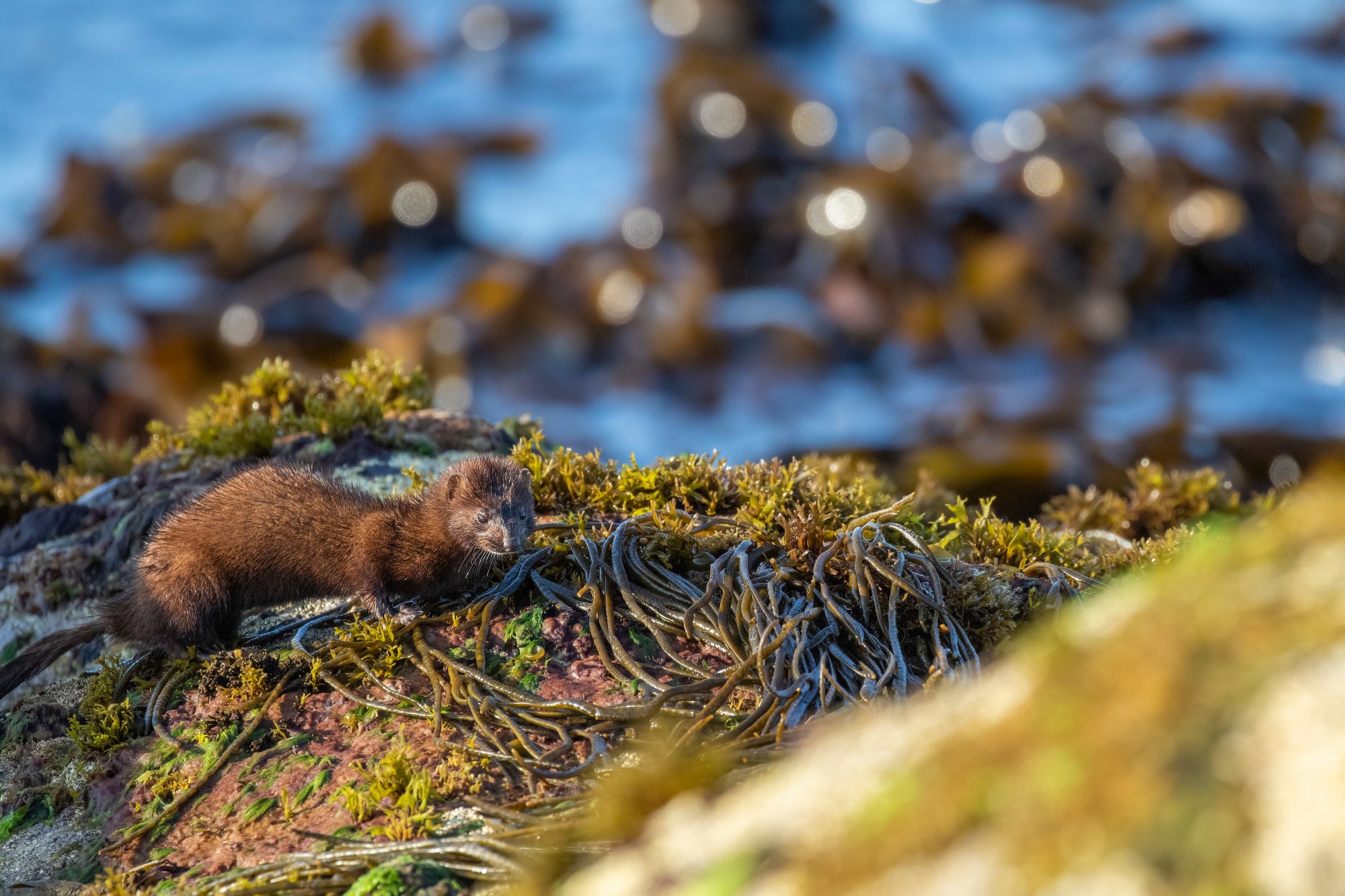Study says invasive species cost UK economy over £5 billion over past 40-50 years
Research led by Queen’s University Belfast has shown that invasive species, such as the grey squirrel, European rabbit and Japanese knotweed, have cost the UK economy over £5 billion over the past 40-50 years, making the cost one of the highest totals in Europe.
Environmental impacts of invasive species, one of the main causes of biodiversity loss, are well-studied. However, few studies have summarised their economic impacts. This study is the largest and most up-to-date combination of economic costs of biological invasions in the UK. The results have been published (29 July 2021) in the journal NeoBiota.
To conduct their study, the researchers examined how costs in the UK were distributed across different invasive species, environments and cost types, and how they have changed through time. They found that in the last 40-50 years, invasive species have cost the UK economy over £5 billion, with most of the cost due to invasive animals and plants, such as the European rabbit, Japanese knotweed and waterweeds, and predominantly through agricultural or property impacts. For example, invasive rabbits cause severe damage to agricultural areas by overgrazing, which affects both the growth and yield of key crops, especially considering grasslands and cereals. Their burrowing can also impact the quality of pastures.
Japanese knotweed causes structural damage to property that is expensive to remediate and reduces house values substantially.
Invasive waterweeds can clog waterways, blocking access by watercraft, worsening flood risk and impeding recreational activities such as angling.
The researchers hope this study will raise awareness of the huge economic burden invasive species have on the UK economy for policy makers and society and will promote greater management spending to prevent their damage on different sectors of the economy and ecosystems.
